Cardoso said the amount spent on education and healthcare outside Nigeria is more than the foreign reserve of the country at present.
Central Bank of Nigeria governor, Oluyemi Cardoso, has said the country spent well over $40 billion in foreign exchange between 2010 and 2020 on education and healthcare travel abroad.
Mr Cardoso said the high number of Nigerians in foreign schools and medical tourism are two of the major factors putting pressure on the naira.
Speaking while appearing before the House of Representatives, the bank chief said the demand for dollars by these students and those travelling for medicals abroad is hurting the naira.
In his presentation before the lawmakers, Mr Cardoso said the number of Nigerian students schooling outside the country has increased exponentially and is estimated to be above 100,000 students. He stated that between 2010 and 2020, Nigerians spent over $40 billion on these endeavours.
He added that the amount spent on education and healthcare outside Nigeria is more than the foreign reserve of the country at present.
“Another report projects the number of Nigerian students studying abroad to exceed 100,000 by 2022. Given this data, it’s crucial to highlight that between 2010 and 2020, foreign education expenses amounted to a substantial US$28.65 billion, as per the CBNs’ publicly available Balance of Payments Statistics. Similarly, medical treatment abroad has incurred around US$11.01 billion in costs during the same period. Consequently, over the past decade, foreign exchange demand for education and healthcare has totalled nearly US$40 billion.
“Notably, this amount surpasses the total current foreign exchange reserves of the CBN. Mitigating a significant portion of this demand could have resulted in a considerably stronger Naira today,” he said.
Speaking further, Mr Cardoso explained that the government spent $58.7 billion on Personal Travel Allowances within the same period and disbursed an additional $9.01 billion to Nigerians for personal foreign travel between January and September 2019.
He said his take on medical tourism and education was not to condemn anyone, but to explain the factors putting pressure on the naira.
Following the opening remarks, there was a question and answer session. Most of the questions raised by the lawmakers focused on the devaluation of the naira and the scarcity of FX.
Ali Madaki (NNPP, Kano) asked a question about the relocation of a department of the CBN to Lagos State.
In responding to the question, Mr Cardoso said the decision was not political, but rather operational action to ensure efficiency.
One other controversial question raised was the removal of 43 items from the FX ban. It was raised by Sada Soli (APC).
Addressing the question on 43 items, Mr Cardoso said the issue is a fiscal matter that the minister of finance should address.
“CBN does not have a responsibility to determine who imports or not, for that reason we want to ensure that we abide by our remit.
“The issue is not for us to determine. That is a fiscal issue, it has nothing to do with us. We are going back to do what we are supposed to be doing,” he said.
Mr Cardoso appeared alongside the Minister of Finance and Coordinating Minister for the Economy, Wale Edun, the Minister of Budget and National Planning, Atiku Bagudu and the Chairman of the Federal Inland Revenue Service, Zacch Adedeji.


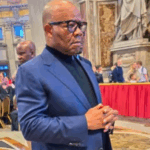
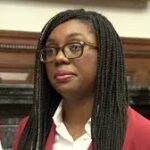

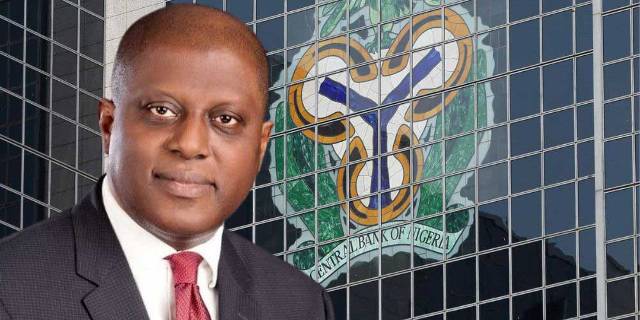


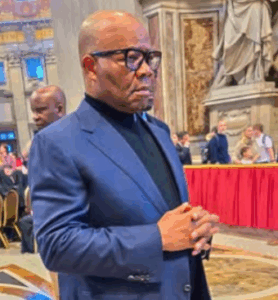
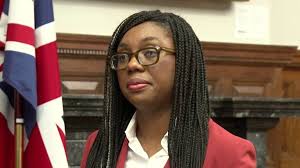
More Stories
VIDEO: Chinese nationals spotted spraying Naira notes at mining sites, as police officers look away
UPDATED: Court sentences gospel singer Osinachi’s husband to death by hanging
Groom, friends arrested over bride’s death during non-consensual conjugal